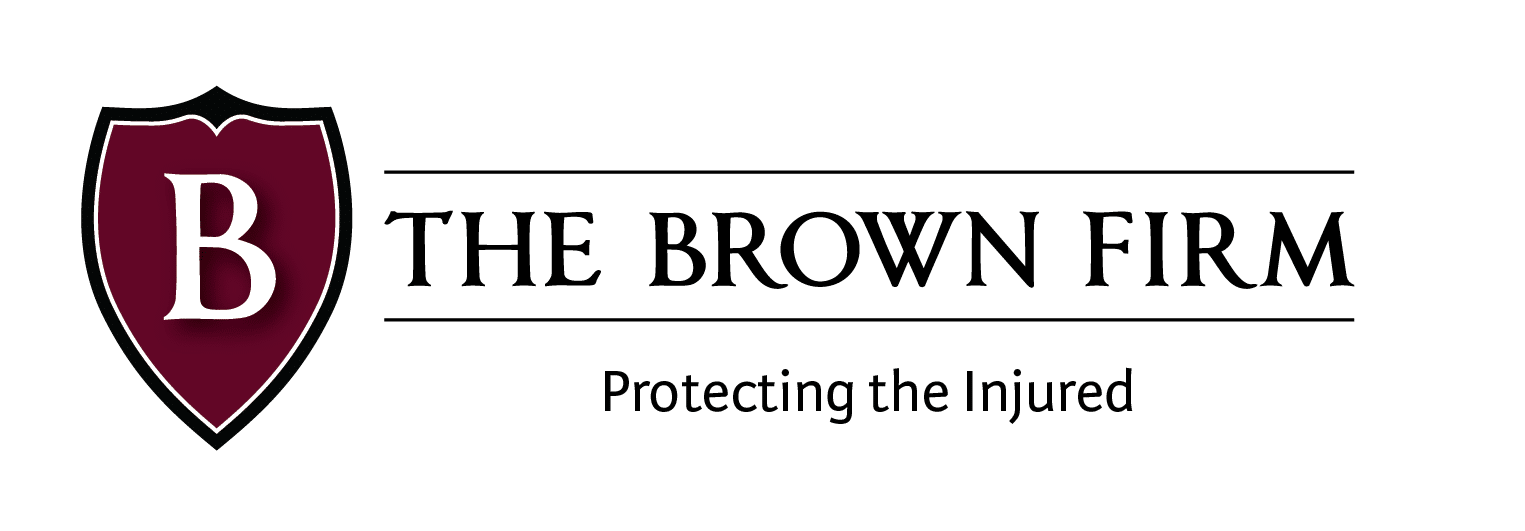Hearsay
What is Hearsay?
The objection of hearsay is likely one of the most common types of objections that occur during trials. Hearsay refers to statements that you overheard someone else make but that cannot be independently verified.
Consider the following scenario: a woman and her husband are both present at the scene of a car accident. In court, only the woman is called as a witness, while her husband remains silent throughout the proceedings. It is acceptable for the woman to report what she has personally observed. It would be hearsay, however, if she tried to report what her husband had seen. Because her husband is not present for questioning to confirm or deny what he actually saw, the wife’s secondhand report is not permitted to be used as evidence.
This is really the core principle behind the rule that states hearsay is not permitted in legal proceedings. The guiding principle of our legal system is that every decision should be founded on facts to the greatest extent and that the court is able to authenticate them.
If hearings were based on secondhand accounts, there would be no way to verify their accuracy or determine if one party is simply failing to correctly recall the facts.
What Kind of Implications Does the Hearsay Rule Have for My Personal Injury Claim?
Any type of personal injury claim, such as one involving a car accident, may require the presence of witnesses. But in order for them to be of any use, witnesses need to be contacted as soon as possible after an accident while their memory of the accident is clear. If too much time passes, it’s possible that witnesses will forget what took place or become impossible to get in touch with.
When a case has reached this stage, it is increasingly likely to deviate into the realm of hearsay. If a witness is unable to testify in court, in person, or if the judge believes that the witness’s statements are no longer credible, their testimony may be completely disregarded by a judge.
After any kind of accident, the most important thing you can do is to talk to people who witnessed what happened. Gather their contact information, and then provide it to your lawyer. If you are unable to find witnesses on your own, a competent lawyer will do so on your behalf.
Are There Any Circumstances in Which Hearsay is Acceptable?
Indeed, but one does not encounter this very frequently. Secondhand statements are typically only allowed in legal proceedings if there is another reason to believe they are accurate, such as records from a business or someone’s final words before they passed away. These are exceptional circumstances, and the decision to grant one is left entirely up to the judge.
Anytime you find yourself in need of a witness for a case, it’s always best to consult with an attorney before trying to handle the case alone.
Contact the Personal Injury Lawyers at The Brown Firm
Our law firm has a team of experienced attorneys who work diligently to make sure your case is being handled with the utmost care.
If you have been injured, the experienced personal injury attorneys at The Brown Firm offer free consultations to accident victims in Georgia and South Carolina. Call 800-529-1441 to speak with our personal injury team today!
Ready to Talk to a Lawyer Who Has Your Back?
Contact The Brown Firm
Get the Answers and Compensation You Deserve
You’ll notice the difference when you contact The Brown Firm! Our local dedicated attorneys want to help you recover and rebuild.
Schedule your free consultation by calling (800) 529-1441 or completing our simple online form.
